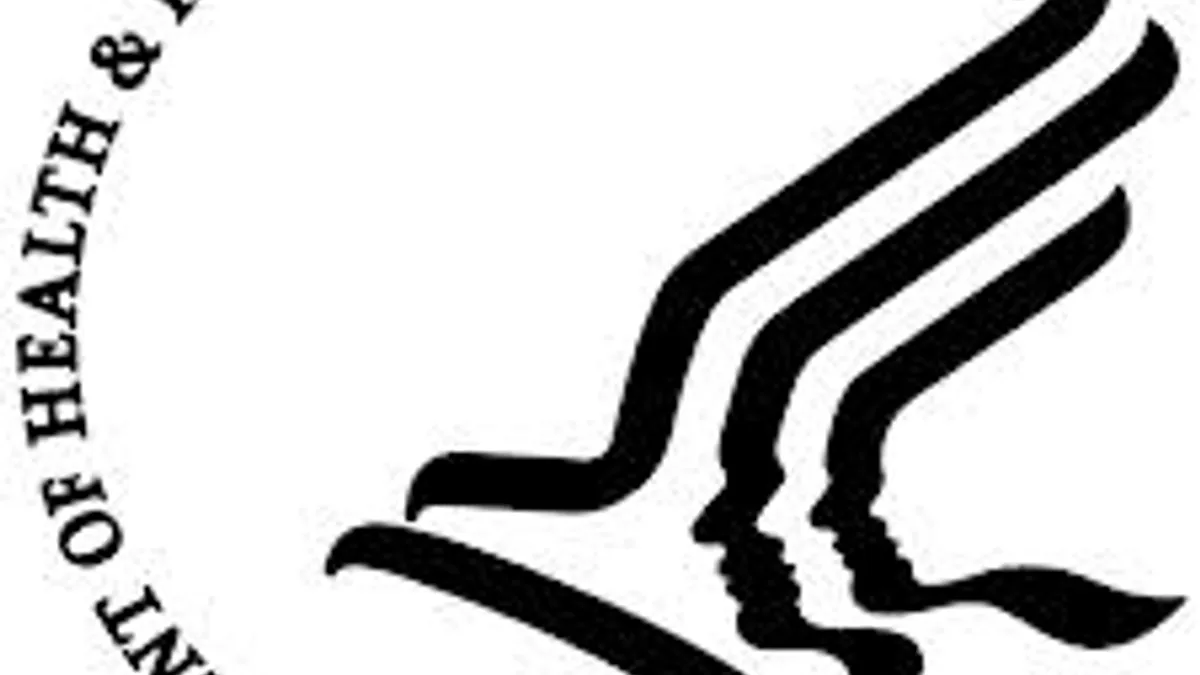Dive Brief:
- HHS’ Biomedical Advanced Research and Development Authority announced a crowdsourcing collaboration with Johnson & Johnson’s Janssen Research & Development division and J&J’s JLabs business incubator to develop new respiratory protection devices.
- BARDA said it is looking for innovative approaches for devices that would protect both healthcare workers and the public, including children, in the event of a health security threat. BARDA is in the office of the assistant secretary for preparedness and response, within HHS.
- The goal is to identify ideas for devices that would be eligible for continued testing, development and eventual regulatory approval, so that the products could be made widely available, the agency said.
Dive Insight:
Traditional respiratory devices used to protect against inhalation of harmful infectious agents were designed for use in occupational settings, to guard against inhalation of dangerous particulates, BARDA said. Disposable versions, such as N95 respirators, are only available for adults, must be fit-tested to ensure proper functioning and can be uncomfortable to wear.
In a respiratory disease outbreak, such devices may be the only countermeasure available to protect healthcare workers and the general public, BARDA said.
“Respiratory protection is often the first line of defense, and a radically improved approach to protect both health care workers and the general public, including children, would truly improve our ability to respond to public health emergencies,” the agency said in a news release.
J&J’s JLabs incubator offers what it calls QuickFire Challenges to find scientists, companies and entrepreneurs with healthcare innovations that J&J could help bring to the next level. Launched in 2012, JLabs now has a portfolio of companies numbering more than 100 and capacity to accommodate up to 225 companies across its nine global locations.
BARDA said there is no direct equivalent of the QuickFire Challenge specific to healthcare, and its unique service will directly benefit the agency’s mission to make available medical countermeasures to address health security threats.
Partnering with a company with a diverse array of products and leveraging its expertise and infrastructure has the potential to provide solutions to the challenges in developing new respiratory devices, according to BARDA. The total proposed cost of the agreement is a maximum of $100,000 for 12 months.
Last year, BARDA and Janssen announced a partnership to develop therapeutics and vaccines to protect against an influenza pandemic and other infectious disease threats.










